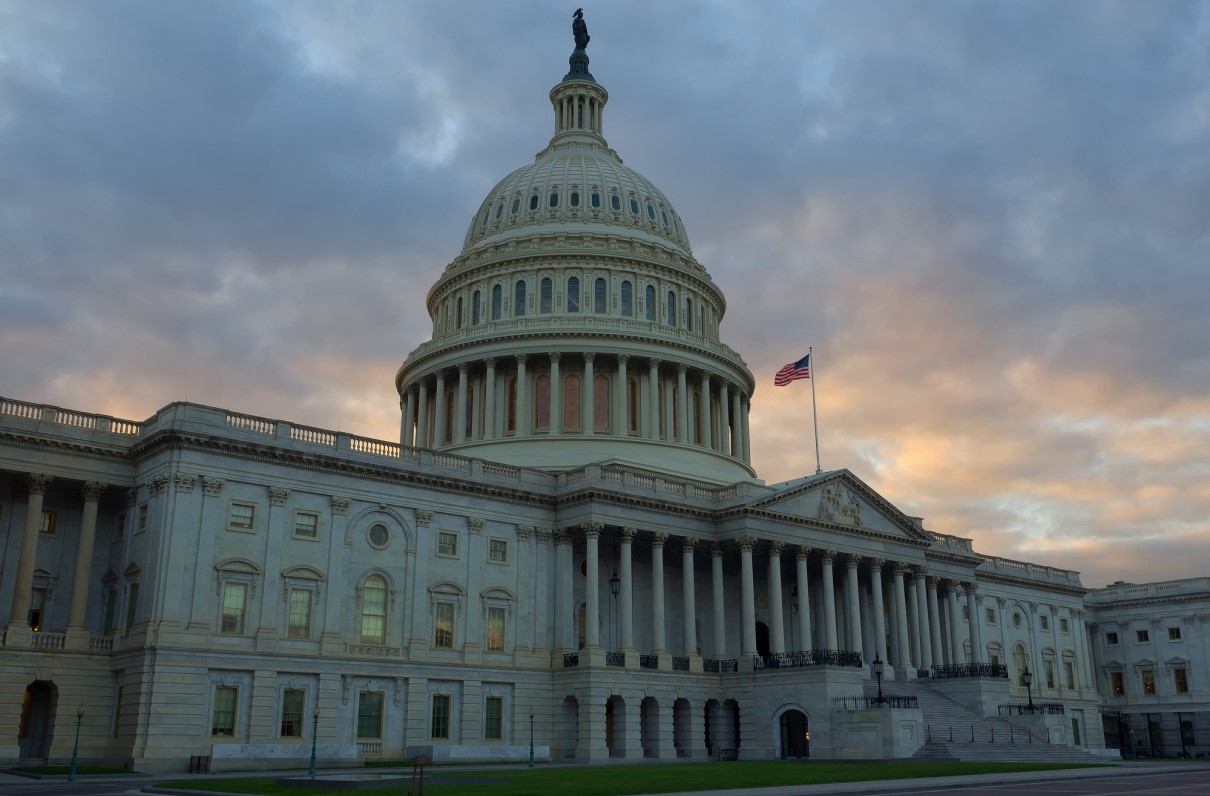With just hours left in fiscal year 2022, Congress and the White House agreed to a continuing resolution (CR) ensuring the federal government has the necessary funding to stay open as the new fiscal year begins, albeit at last year’s spending levels.
[TAKE ACTION: Ask Your Lawmakers to Fully Fund the Government on Time]
The Senate passed an amended version of H.R. 6833 by a vote 72-25 on Sept. 29. It passed the House 230-201 on Sept. 30 and was signed by President Joe Biden into law the same day. The bipartisan agreement will fund the government through Dec. 16. While this CR temporarily delays the threat of a government shutdown, Republicans and Democrats still must come together and ensure the government is fully funded for the rest of FY 2023 by passing the necessary federal appropriations.
The start of FY 2023 is no different than many preceding fiscal years. For decades, CRs have become a crutch for Congress — a regular occurrence rather than the exception.
One might hope that in a midterm election year, Congress would come together to deliver appropriations by the deadline to garner support from voters. But try as they might, lawmakers haven’t wrapped up their budget work on time since FY 1997.
Had Congress not come to an agreement, servicemembers and their families would have been the ones to pay the price. Without a continuing resolution, pay for servicemembers in the Coast Guard, U.S. Public Health Service, and NOAA would have been in jeopardy. Unlike the other uniformed services, there are no protections for their personnel to ensure pay is not disrupted. MOAA is actively seeking to remedy this disparity.
[TAKE ACTION: Ask Your Lawmakers to Pass the Coast Guard Authorization Act of 2022]
This does not mean DoD is free of consequences. A full-year CR could cost the department $76 billion.
DoD officials maintain a prolonged CR will hurt retention and break trust with military families, leading to a reduction in retention bonuses, a halt to PCS moves that impact spousal employment and housing, and the end of predictable training schedules. Additionally, a CR limits the government’s ability to move away from old priorities and account for new prices. This is particularly damaging given the added challenges posed by inflation.
If appropriations for FY 2023 are eventually passed, any funding increases must be spent before the end of the fiscal year. Those serving our country in and out of uniform deserve better than this. Please write your lawmakers and tell them we must stop the cycle of late appropriations.
More Members Mean More Influence Over Retirement Pay, Health Care, and Family Programs
Get involved and make sure your interests are addressed. Because the larger our voice is, the greater our impact will be.

